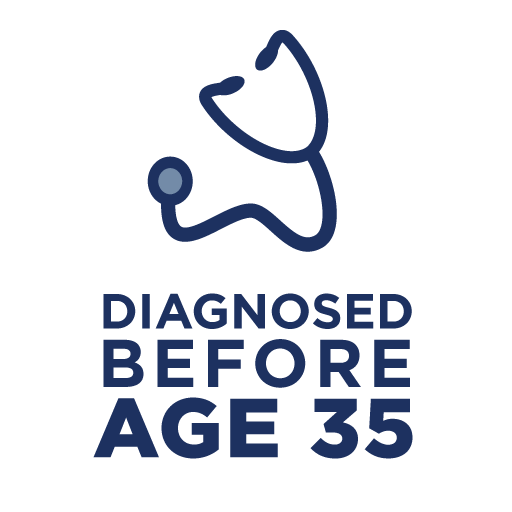What is Inflammatory Bowel Disease?
Inflammatory bowel disease (IBD) is a term for conditions that are characterized by chronic inflammation of the gastrointestinal (GI) tract. Two major types of IBD are Crohn’s disease and ulcerative colitis.
Ulcerative Colitis
Ulcerative colitis affects the lining of the large intestine and creates ulcers, or tiny sores, that create pus and mucus. The most common symptom of ulcerative colitis is diarrhea with blood or pus and abdominal pain/discomfort.
Crohn’s Disease
Crohn’s disease commonly affects the small intestine and the beginning of the large intestine, but it can affect any part of the GI tract. Symptoms of Crohn’s Disease include diarrhea, rectal bleeding, stomach cramps and pain.
There are 5 Types of Crohn’s Disease:
- Ileocolitis - The most common form of Crohn’s disease and affects the end of the small intestine and the large intestine
- Ileitis - Affects solely the ileum. It is very similar to ileocolitis. Severe cases may cause inflammatory abscess in the bottom right of the abdomen
- Gastroduodenal Crohn’s Disease - Affects the stomach and the beginning of the small intestine
- Jejunoileitis - Causes inflamed patchy areas in the upper half of the small intestine
- Crohn’s (granulomatous) Colitis - Strictly affects the colon. Pain in the joints and skin lesions are possible to show in this form of Crohn’s disease, more so than the others listed above
What triggers Inflammatory Bowel Disease?
To best manage your condition, it is important to know what can trigger your symptoms to occur. Triggers include, but are not limited to:
- Skipping doses or taking the incorrect dose of your medication
- Nonsteroidal anti-inflammatory drugs (NSAIDs)
- Antibiotics
- Stress
- Smoking
- Foods that irritate your GI tract
What Causes Inflammatory Bowel Disease?
The exact cause of IBD is unknown. However, genetics and problems with the immune system and environmental factors have been associated with the disease.
- Genetics- A person may inherit genes that make them more susceptible to developing Crohn’s or ulcerative colitis
- Immune system- When triggered, it affects the gastrointestinal tract, causing inflammation that contributes to symptoms
- Environmental factors- Bacteria, a virus, or some unidentified factor in the environment may trigger an abnormal immune response
How is Inflammatory Bowel Disease Treated?
The treatment goal for IBD is to reduce the inflammation that triggers symptoms. In some cases, the treatments may not only relieve symptoms but also lead to a long-term remission. This type of treatment usually involves medication or surgery.
- Anti-inflammatory drugs are the first step in IBD treatment. These drugs decrease inflammation of the digestive tract and include corticosteroids and aminosalicylates
- Immune suppressants (or immunomodulators) prevent the immune system from attacking the bowel and causing inflammation. This group includes drugs called tumor necrosis factor (TNF)-alpha inhibitors, or biologics, that block TNF – a chemical produced by the immune system that causes inflammation
- Antibiotics are used to treat infections that may trigger or aggravate IBD symptoms
- Surgery may be recommended if diet and lifestyle changes, drug therapy, or other treatments don’t relieve IBD signs and symptoms
How does Noble help me manage my Inflammatory Bowel Disease?
At Noble Health Services, we offer a variety of medications to help you treat your symptoms. We help you manage your condition through our Signature Care Program, which includes medication delivery, 24/7/365 on-call support, benefits and co-pay assistance and more. For more information on what Inflammatory Bowel Disease medications we offer, please view the Inflammatory Bowel Disease enrollment form.
For more information about IBD, contact the following resource:
- Crohn’s & Colitis Foundation
Phone: 1-800-932-2423
crohnscolitisfoundation.org
Interested in what Noble Health Services can offer you?
Learn More!

